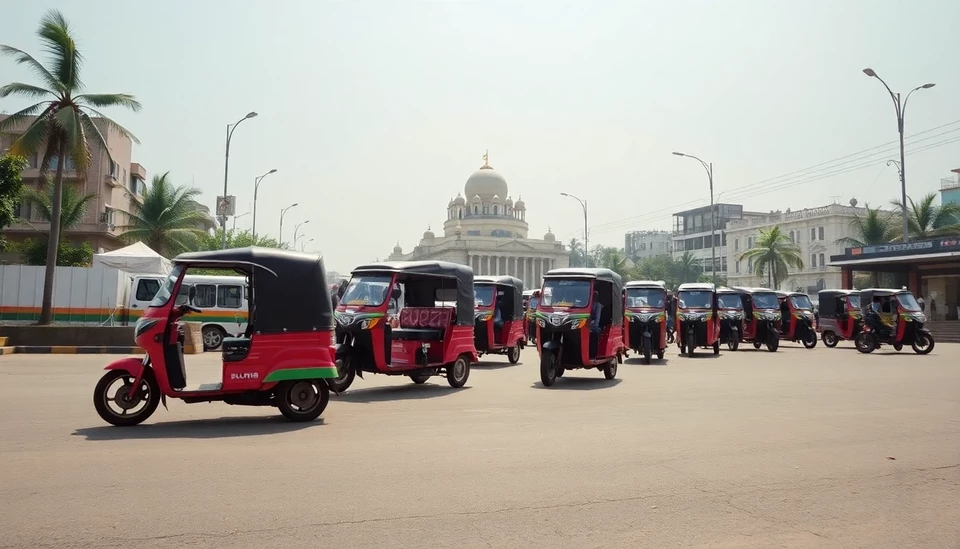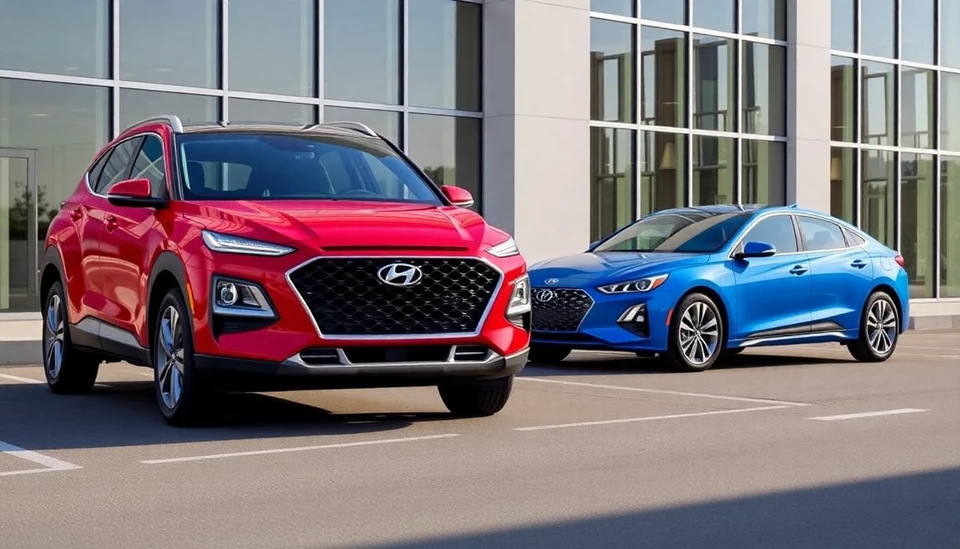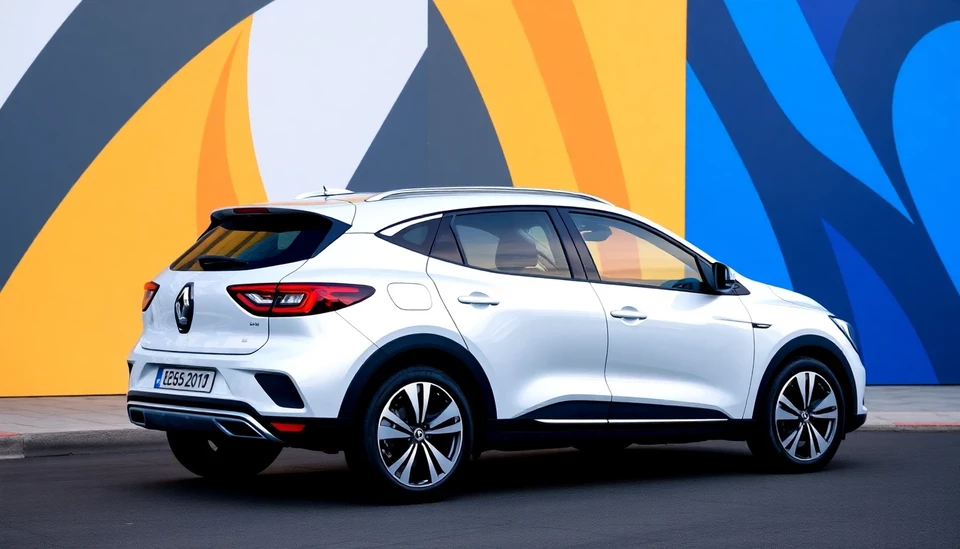
As part of its comprehensive strategy to transition towards a more environmentally sustainable transportation system, India is increasingly focusing on electric two-wheelers and auto-rickshaws. This burgeoning interest has led to the rapid development of battery-swapping infrastructure across the nation, offering solutions to some of the most significant challenges faced by electric vehicle (EV) users today. With government incentives and a growing market demand, the shift to electric mobility is not just a trend—it's becoming a vital part of urban commuting.
The Indian government has rolled out various policies aimed at boosting electric vehicle adoption. Stimulated by heavy investments and ambitious goals of reducing carbon emissions, cities across India are witnessing a burgeoning fleet of electric scooters and tuk-tuks. This shift is not only aimed at curbing pollution levels but also addresses the pressing need for improved urban mobility.
Many consumers in the region have traditionally hesitated to embrace electric vehicles due to concerns over battery life and the availability of charging stations. However, the introduction of battery-swapping technology is set to change that narrative. Battery swapping allows users to exchange depleted batteries for fully charged ones at designated stations in a matter of minutes, significantly reducing downtime and enhancing the practicality of electric vehicles for daily use.
The battery-swapping market is quickly evolving, with several startups and established companies entering the fold. Players like Ather Energy, Ola Electric, and many others are at the forefront of engineering solutions that would facilitate seamless battery exchanges. These entities are exploring strategic partnerships and collaborations to build an extensive network of swapping stations across urban centers.
In states like Delhi and Maharashtra, local governments are already introducing favorable regulations and incentives for battery-swapping initiatives, encouraging entrepreneurs and businesses to set up swapping stations. With the national EV policy also providing subsidies for electric vehicle purchases and electric charging, this sector is expected to grow exponentially in the coming years.
The societal impact of this transition cannot be overstated. Embracing electric mobility has the potential to alleviate traffic congestion, reduce noise pollution, and provide a more affordable transport option for many residents. As the adoption of electric scooters and tuk-tuks rises, the ecosystem surrounding electric mobility, including battery production and recycling, is also seen as a significant area for growth and innovation.
Looking toward the future, India is positioning itself as a leader in electric mobility within the global market. With groundwork being laid now for extensive battery-swapping stations and a robust infrastructure to support electric vehicles, India could become a key player in the global advancement of sustainable transportation solutions. The unfolding scenario is a clear indication that as consumers embrace change, the market will respond, marking a significant shift towards eco-conscious commuting.
As we advance, stakeholders across sectors, including government, private companies, and consumers, are expected to collaborate in propelling the electric vehicle revolution forward. The next few years will be critical in determining how quickly and efficiently India can transition to a cleaner and greener transport system.
In the end, while still in its early stages, the battery-swapping market in India is on the cusp of flourishing, creating an ecosystem that supports the next generation of mobility. It's an exciting time for urban transport solutions as the country steers towards a sustainable and electrified future.
#ElectricVehicle #BatterySwapping #IndiaTransport #SustainableMobility #EcoFriendly #GreenRevolution #UrbanCommute
Author: Sophie Bennett




